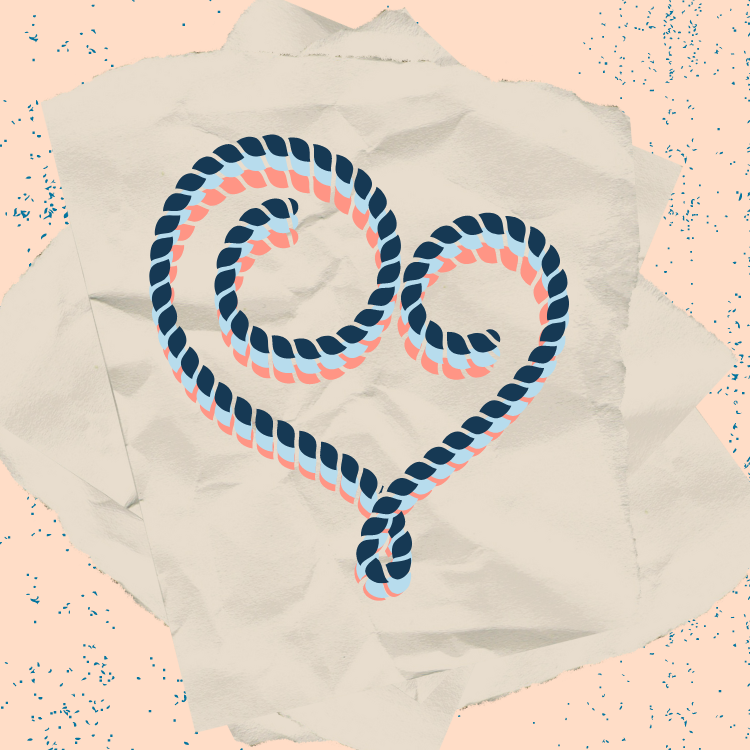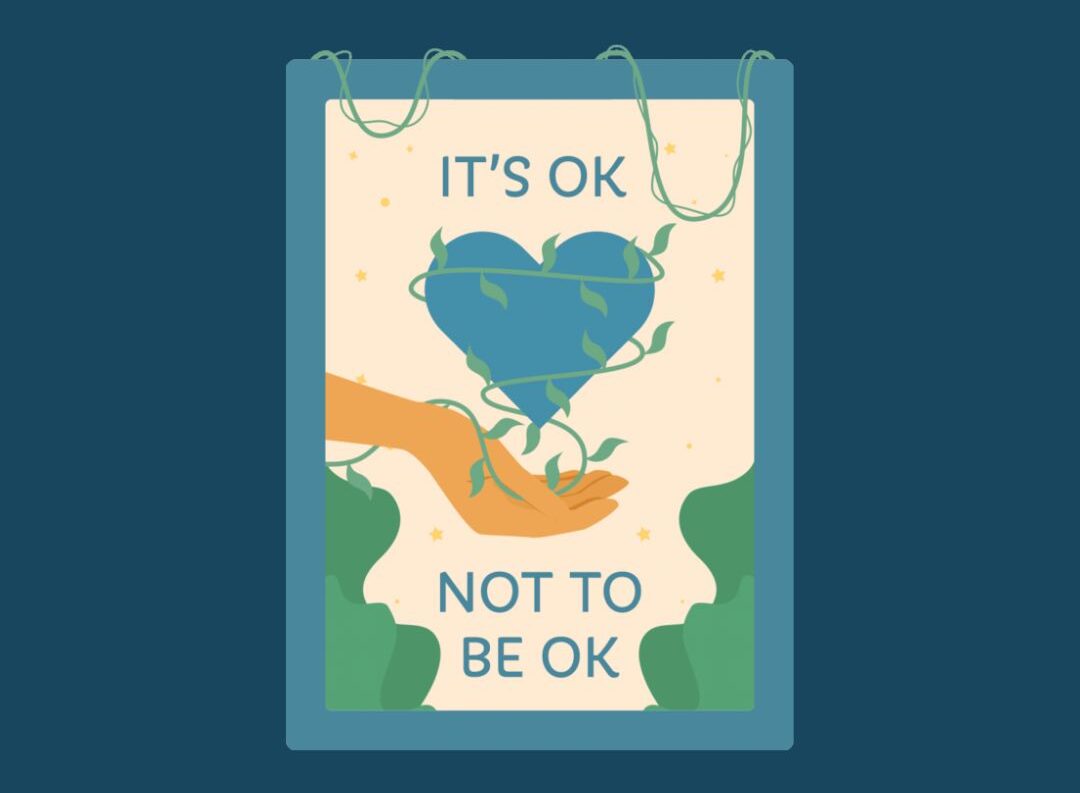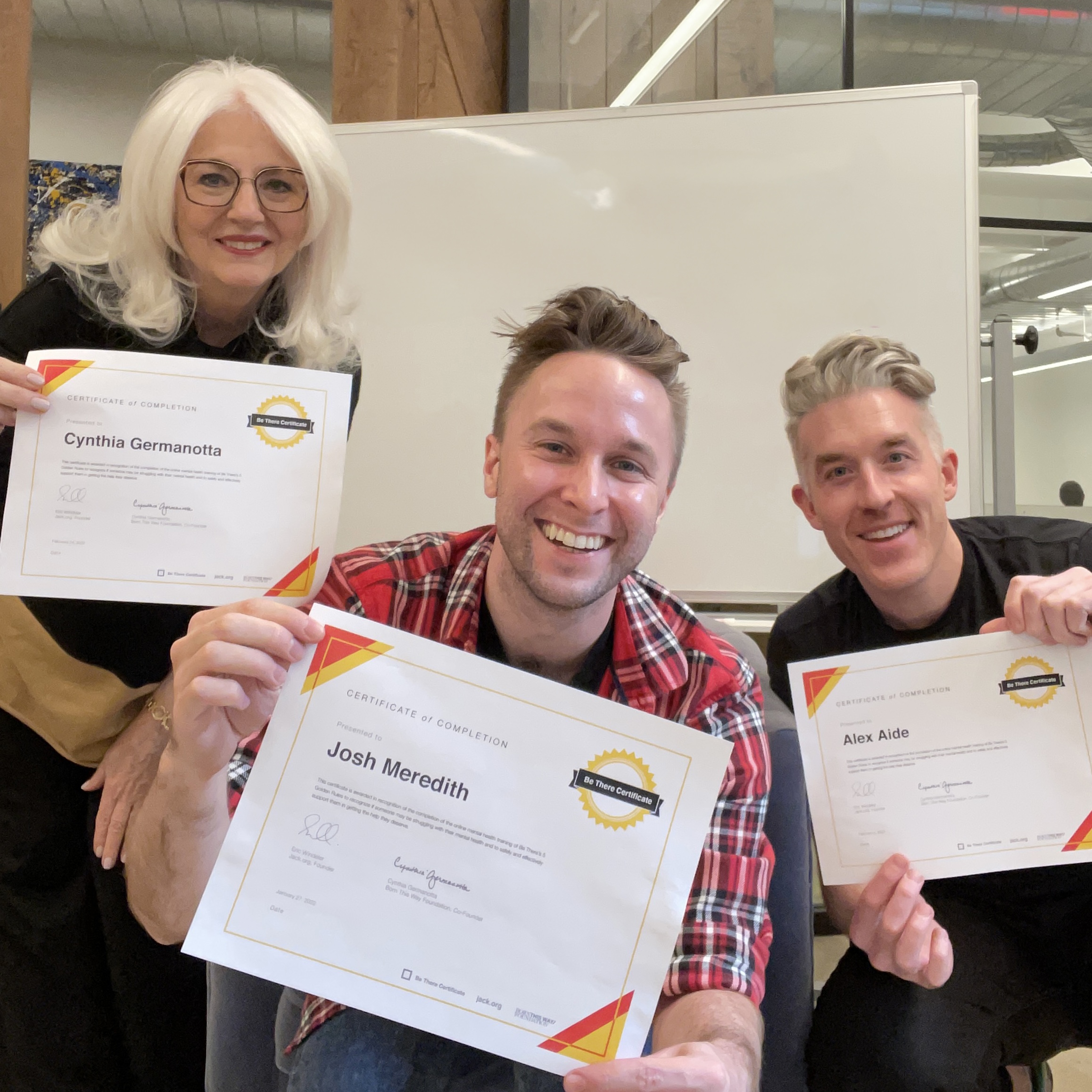“This story is part of Girls Write Now and Channel Kindness’ Kindness Collection. To learn more about Girls Write Now – a nonprofit organization dedicated to amplifying girls and gender-expansive voices – visit girlswritenow.org!”
“Are you okay?” The Hispanic woman wearing a disposable medical apron asks me as she comes back into the x-ray check-up room after scanning my braces. No.“Yes, I am okay,” I reply, blinking my sleep-deprived eyes.
As she unclips the machine from my teeth and ears, I tilt a bit to the side. The woman suddenly clasps both hands around my shoulders and holds me straight.
“Are you really okay?” Worried eyes peer up at me.
“Yeah,” I reply, “just tired.” Absolutely tired.
The woman looks at me concernedly. “Ay, mija, well I hope you get some rest, okay?”
Maybe the woman was genuinely worried about me because of the pandemic, or maybe she peered down into my soul and saw how drained I was. But her words must have hit me hard because I thought about her and my response that night, over and over again. If only she knew…
I am a highly sensitive person, also known as an HSP. Being a highly sensitive person is not really a disorder or a condition but “a personality trait that’s also known as sensory-processing sensitivity,” according to health writer Juli Fraga. We are not sensitive babies; we just think at a deeper level, so processing things affects us more severely. It’s not easy to explain, so here’s how it affects my life most.
Relationships
One of the main ways that being an HSP has affected me is in my relationships, in general. Being an HSP means that sometimes my over-worry sense is triggered by a simple joke that my friend made about my house. Suddenly, feeling deeply offended, I ask: “Really, was my house that bad?” “Did you not have a fun time?” Or sometimes I will just sit there feeling sad all of a sudden. But it’s usually the same response: feeling offended, then questioning whether that feeling was valid, then not getting enough sleep because I’m worrying.
Being an HSP also (specifically) affects my family relationships. I will be very hurt if one of my parents makes a comparison between me and my sibling, and then I will overwork myself. This will later lead to burnout because I won’t rest until I surpass that sibling. But at the end of it all, one of my parents will make the comparison again, or maybe a friend will. Afterward, I will feel as if I’m not good enough and cry myself to sleep which leads, again, to: sleep deprivation, depressed emotions, self-isolation rechargement, and deciding I will never be vulnerable to my family, until I start to open up again.
Being an HSP has given me the ability to have full-hearted empathy for people who are going through tough times…
Decision-making
But stressful relationships are only a portion of what it’s like to be an HSP. Sorry, do you feel overwhelmed already? (There you go, another trait of being an HSP: the word “sorry” too much. And the feeling of being overwhelmed—a common trait of an HSP.) Another big component is the way it affects what decisions you make. For example, my friend asked to copy my homework—what could I say after I had worked hard on it the whole night? For some, a reply that might be a confident no, becomes a reluctant yes for fear of how it might impact my friendship.
Although a less sensitive person might feel this way, for an HSP, the feeling goes deeper—really doubting every choice that you make, especially when it comes to life-changing decisions. I recently applied to college-related writing workshops and was debating between a typical college program and a prestigious Ivy League program. A person who was deciding and having a dilemma over this might have a mindset of, “Okay, I can’t make a decision, but you can’t go wrong with either of these programs, so I’ll just go with the one that’s more prestigious.” But if you’re an HSP, you actually cannot decide. At night, I was still stressing about the choice—which would I be happy with in the future? Thoughts like this will go through my head, and not only that: I will feel as if it is a once-in-a-lifetime decision. Yes, all things are you-only-live-once decisions, but it hits harder for HSPs, especially since they over-worry.
The light behind the dark
Like a rainbow behind the rain, there are always good things that come out of adversity—really. Though being an HSP is sometimes hard to tolerate and makes me feel overburdened, with boundaries pushed so limitless—because of my inability to say no to people—there are a few advantages that come along with it.
First of all, though being an HSP makes me doubt a lot about my decisions and second-guess myself, my caution is also sometimes helpful because I’m then able to be more cautious with my choices and have perspective. I overwork myself, but sometimes that result can be beneficial because I cultivate the persistence to never give up. Lastly, being an HSP has made me truly understand that life is short and helped me cherish each moment more. I have been able to connect with people and things in my life on a deeper level because I am an HSP. Being an HSP has given me the ability to have full-hearted empathy for people who are going through tough times, and have disorders and personality traits like mine. It has led me to find my purpose in life: to help others who are going through trouble, and to be a counselor to those who are lost, need love, and seek solace.





















